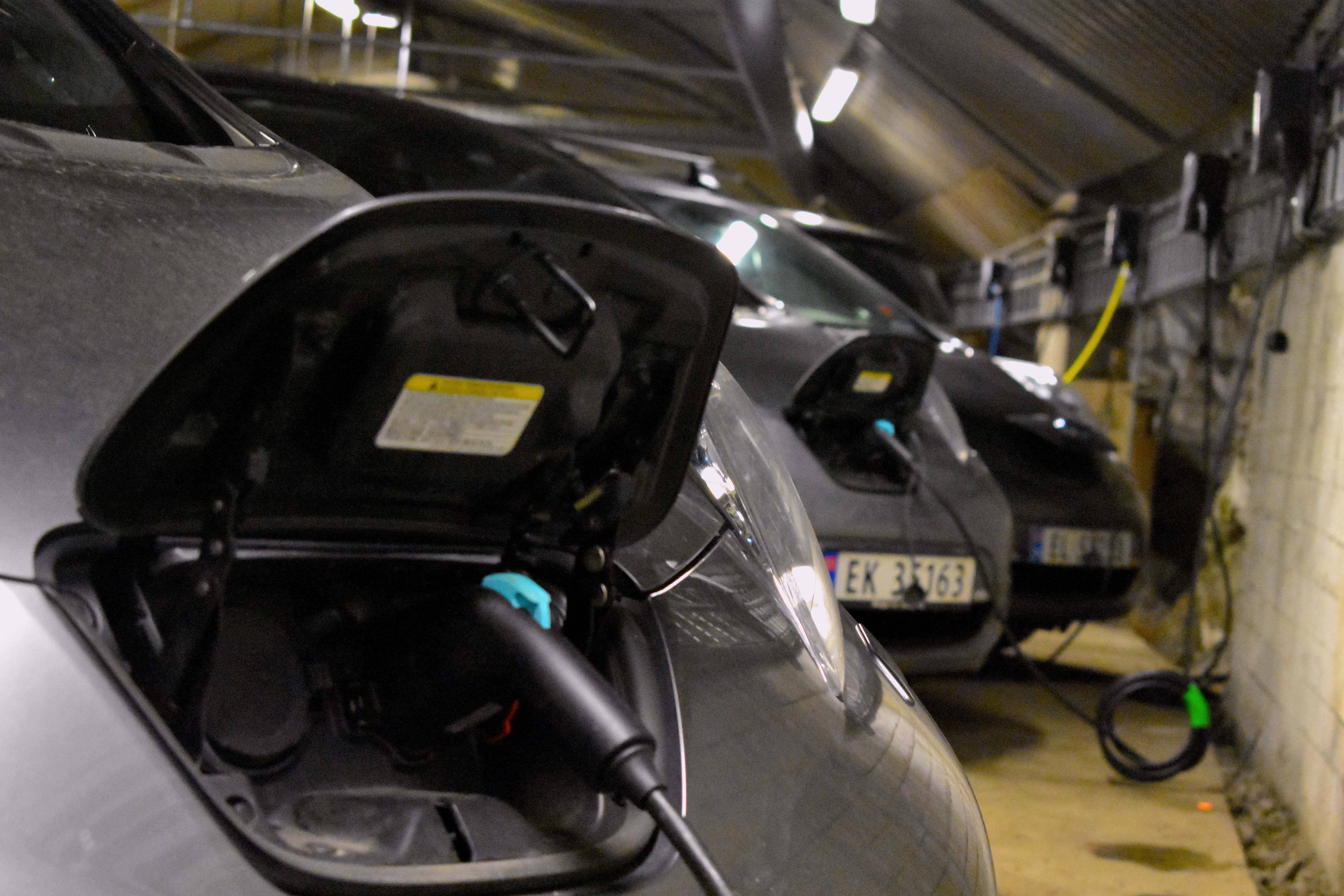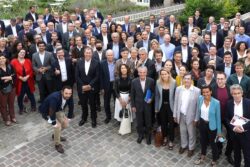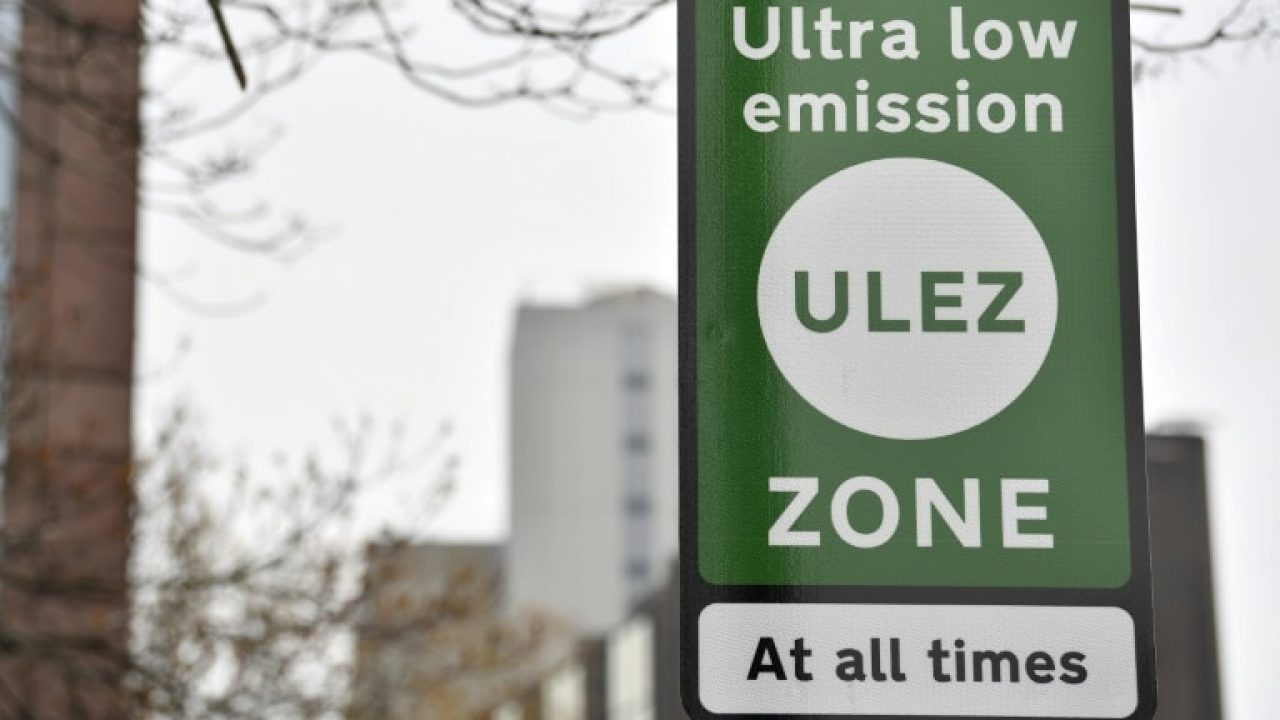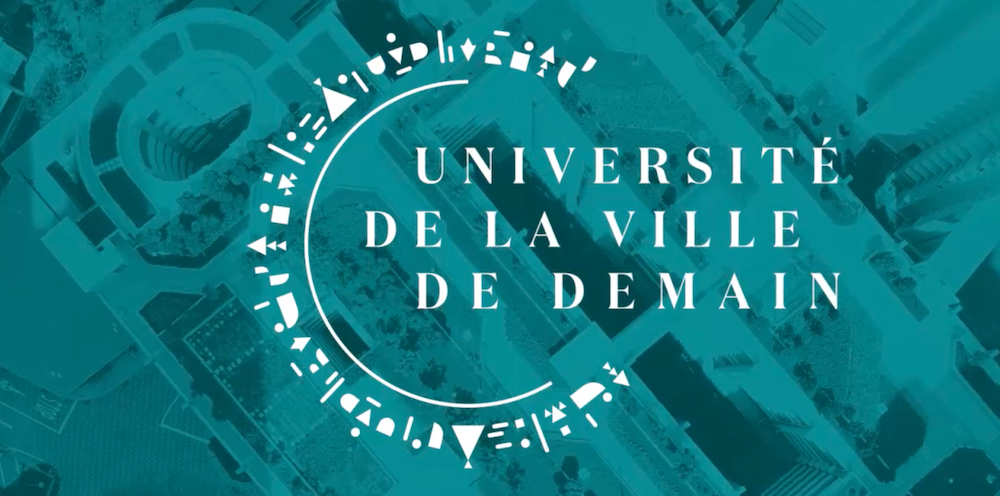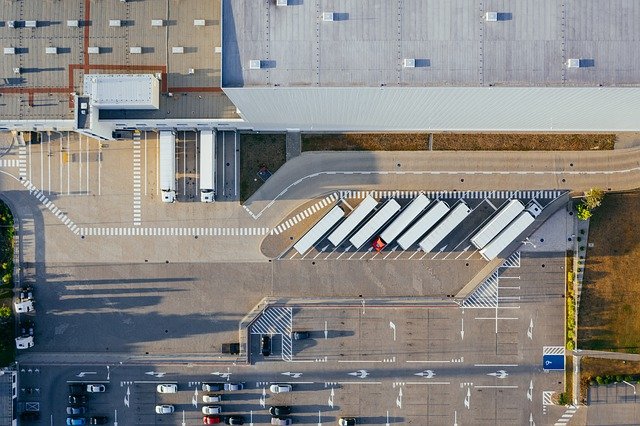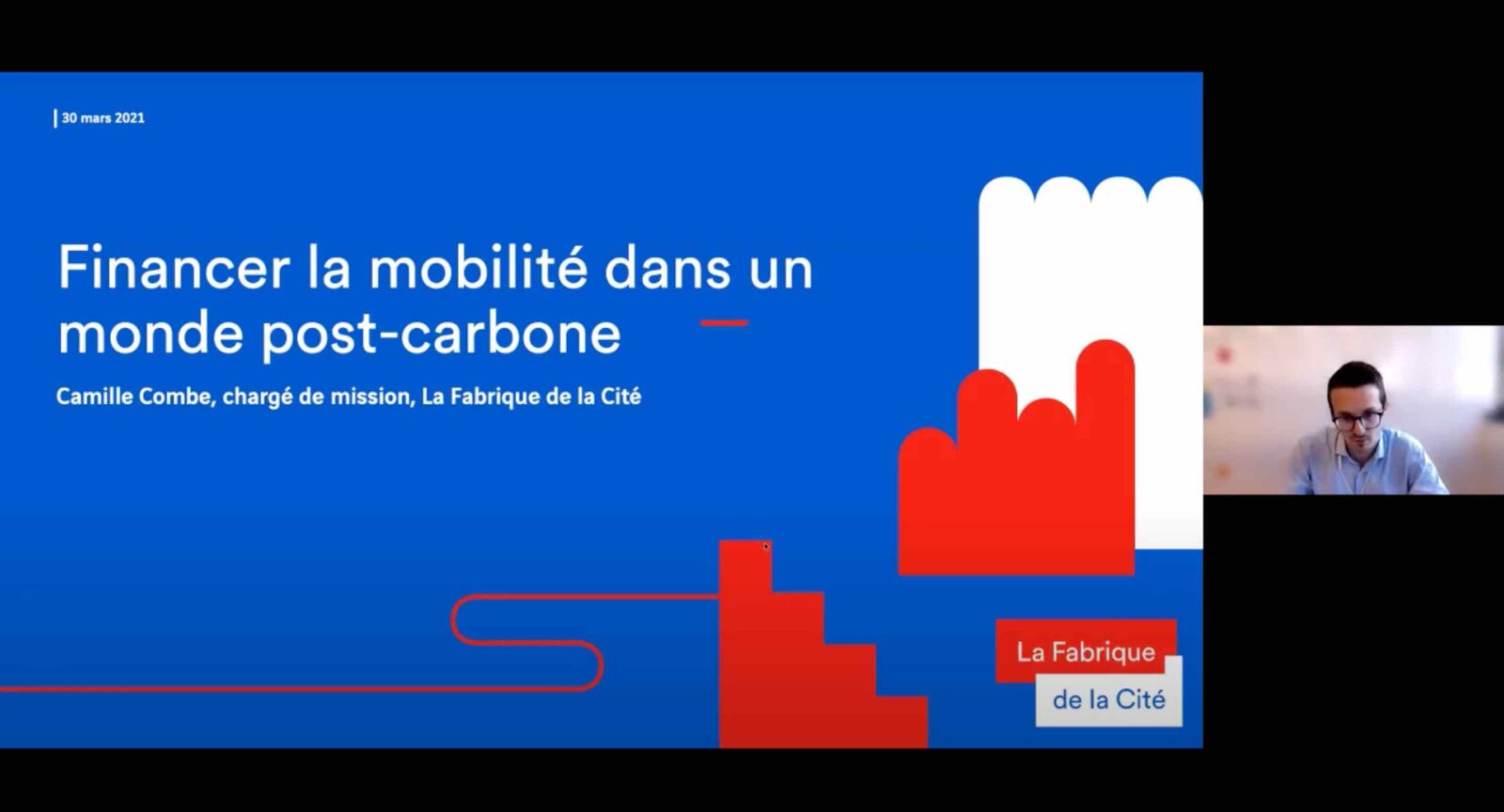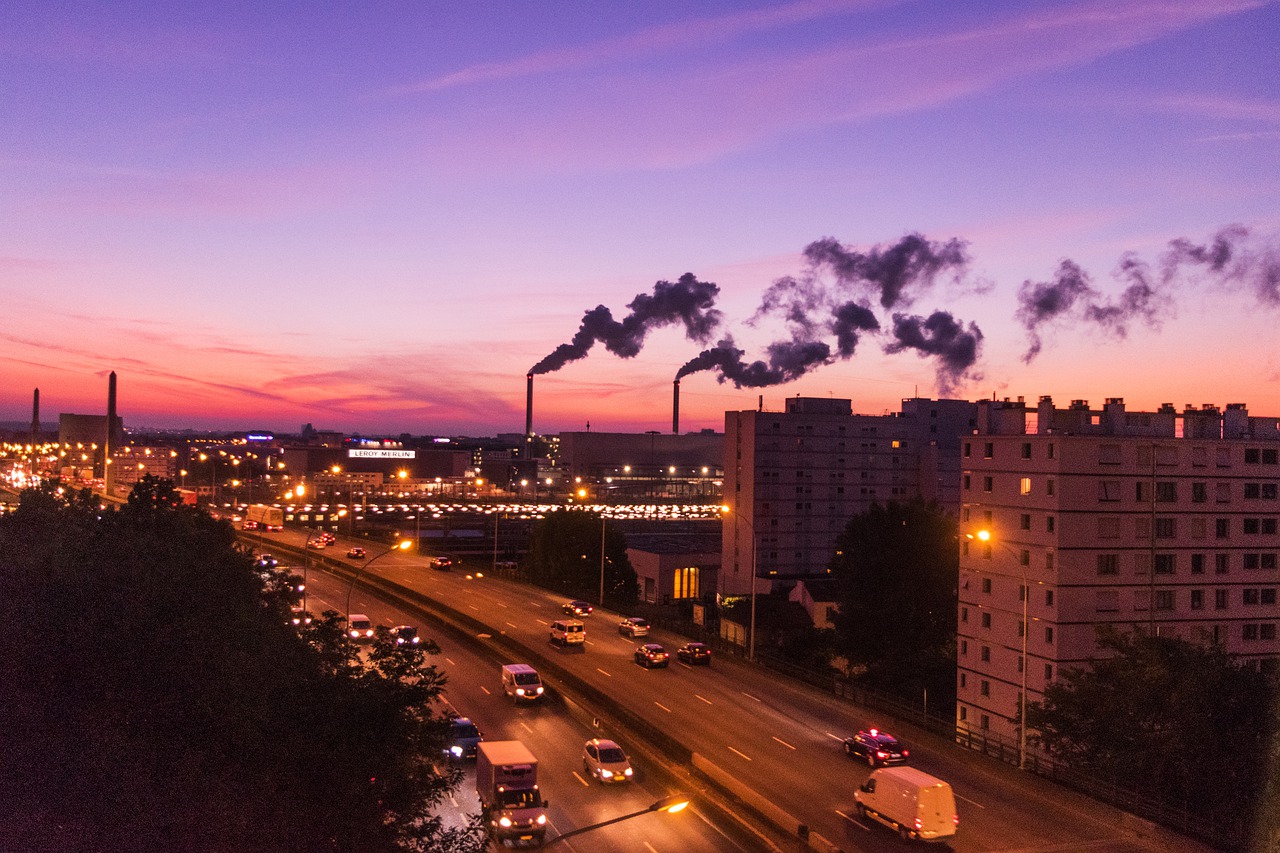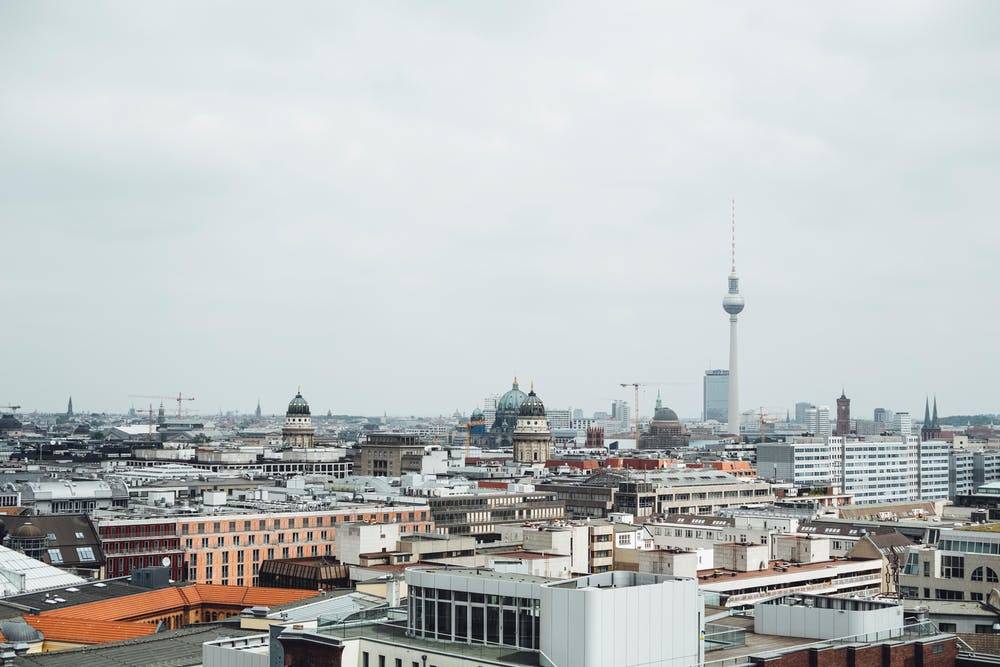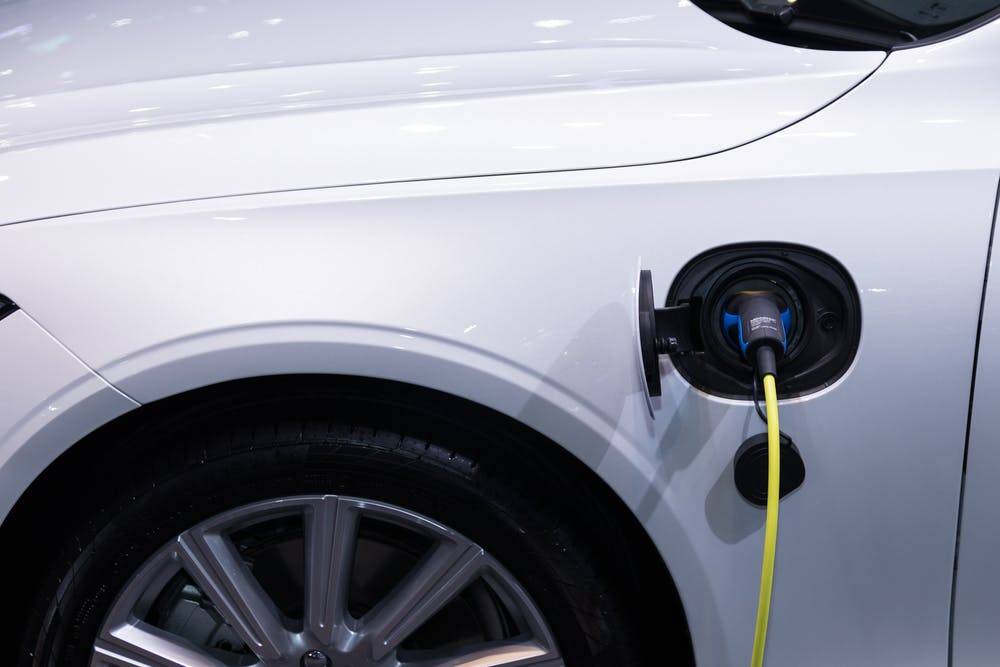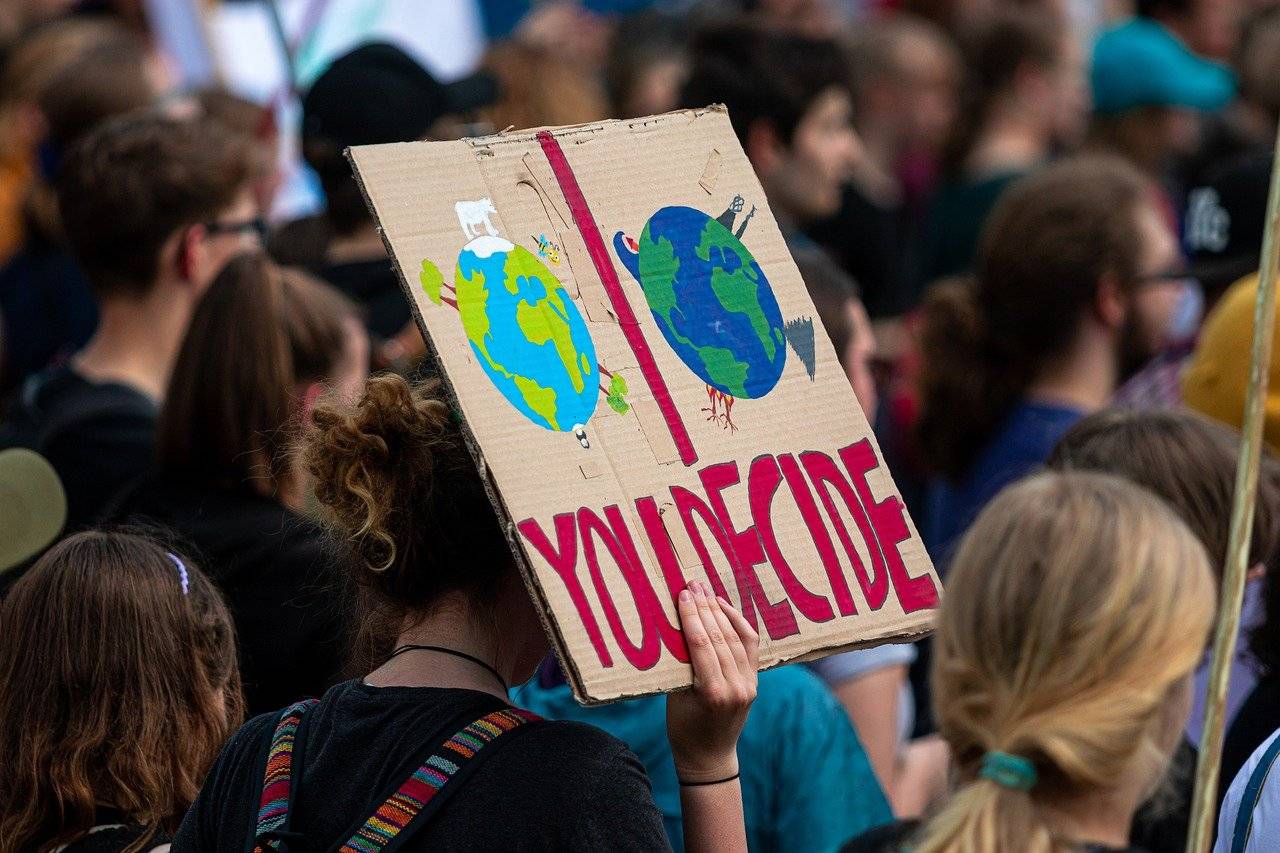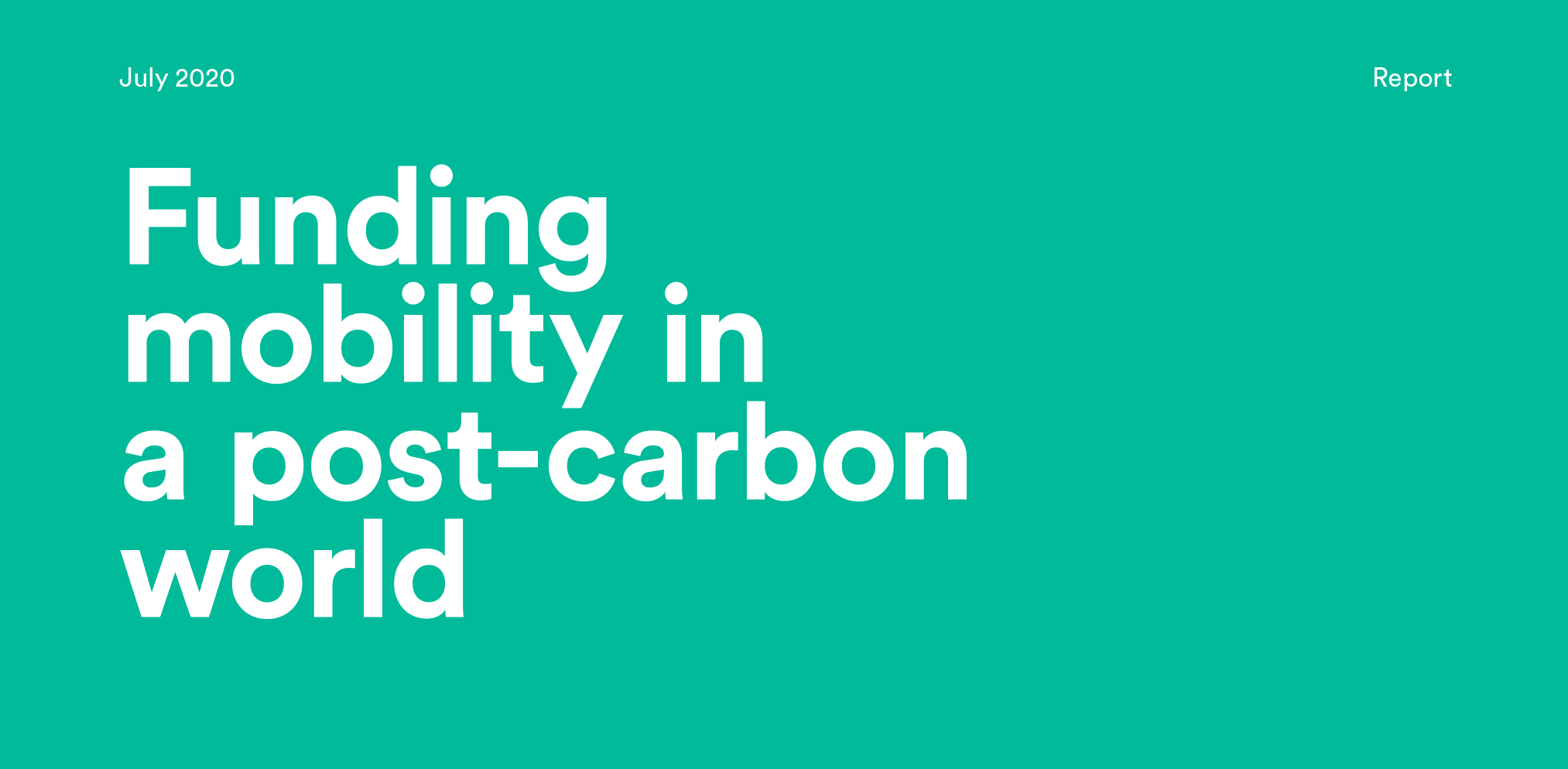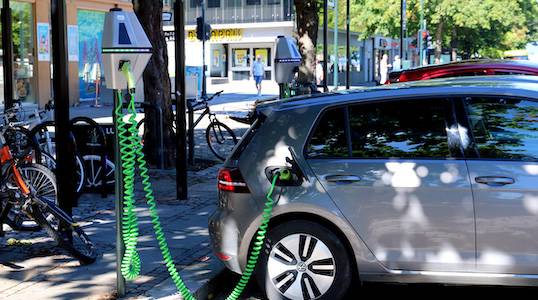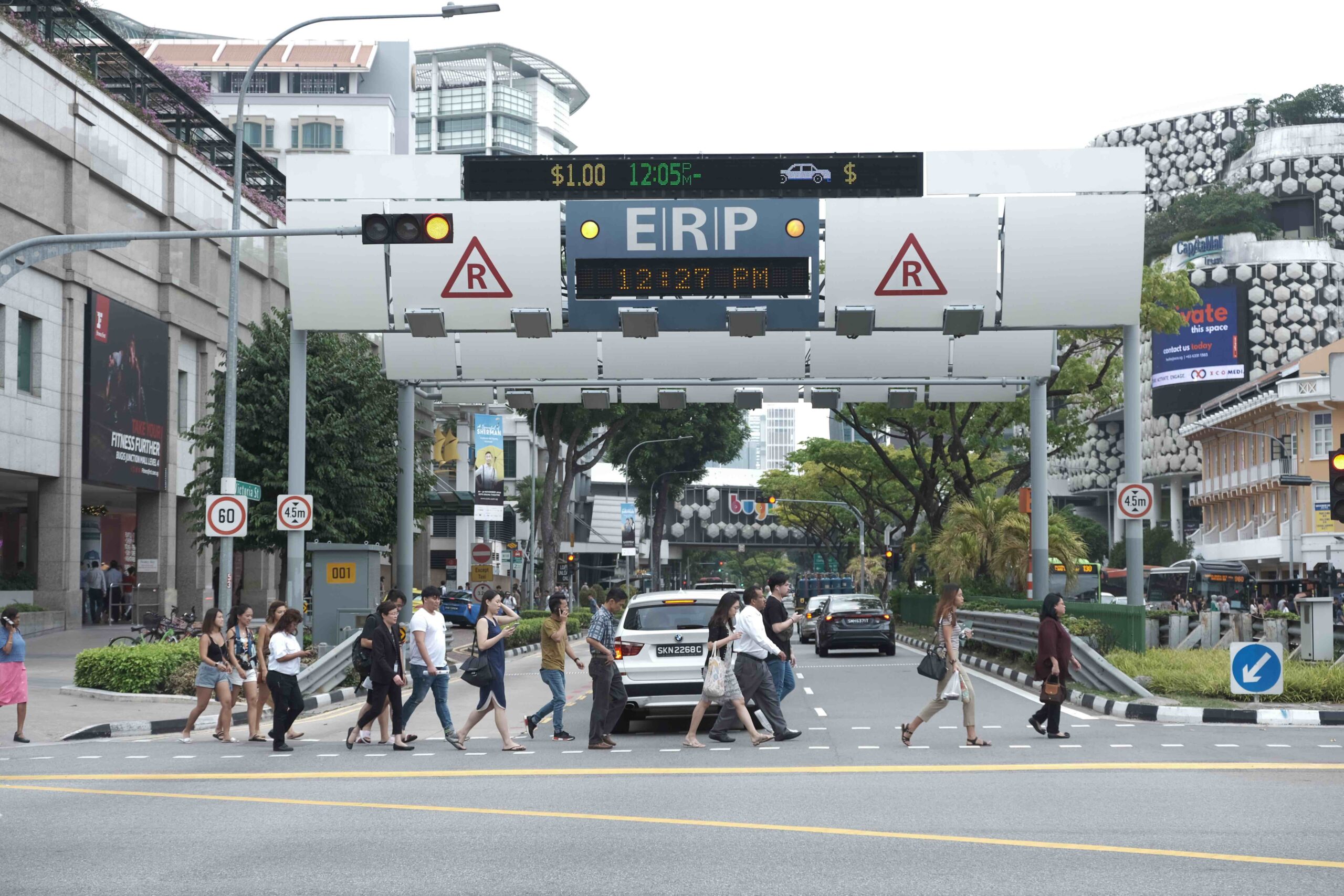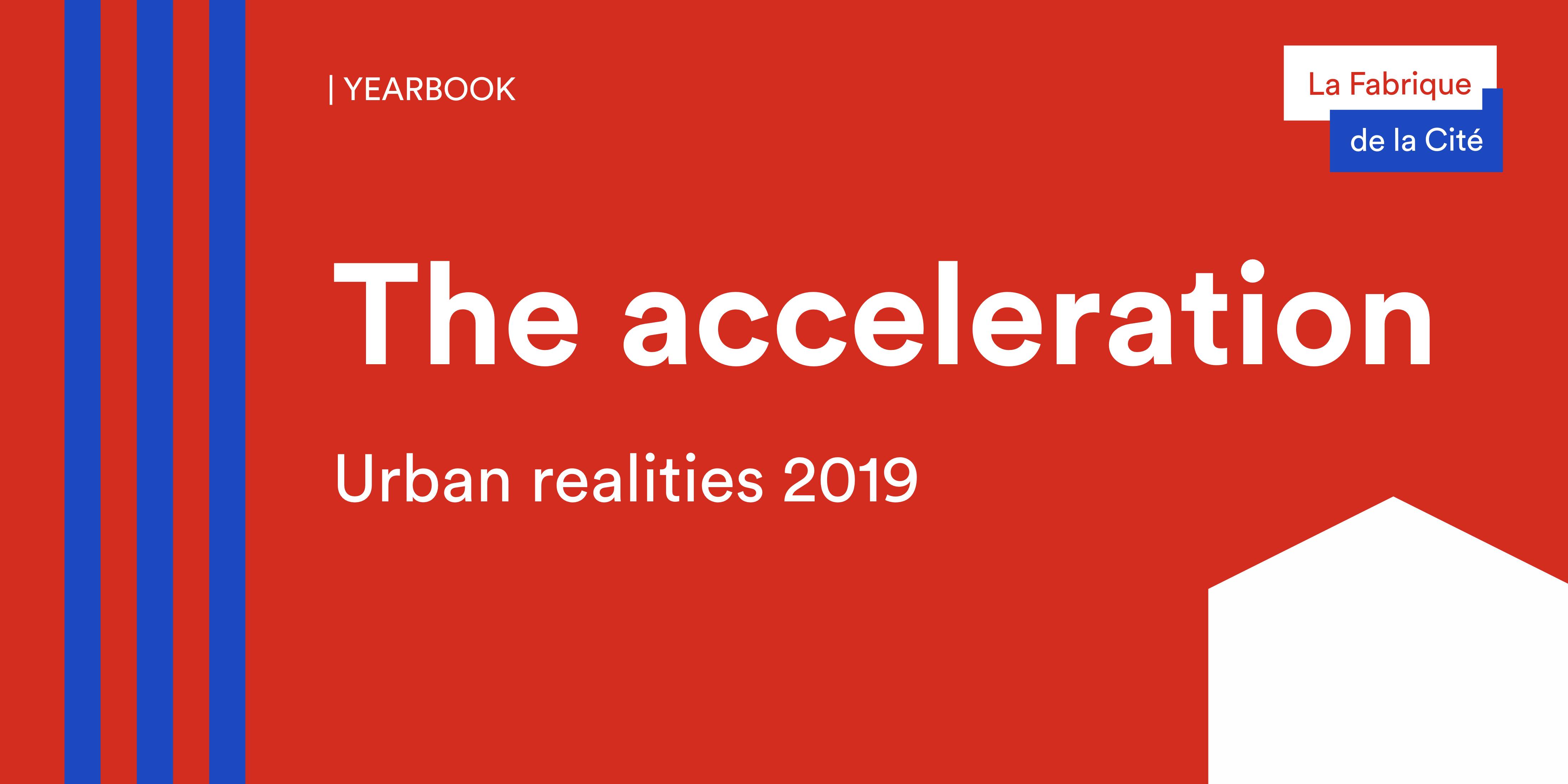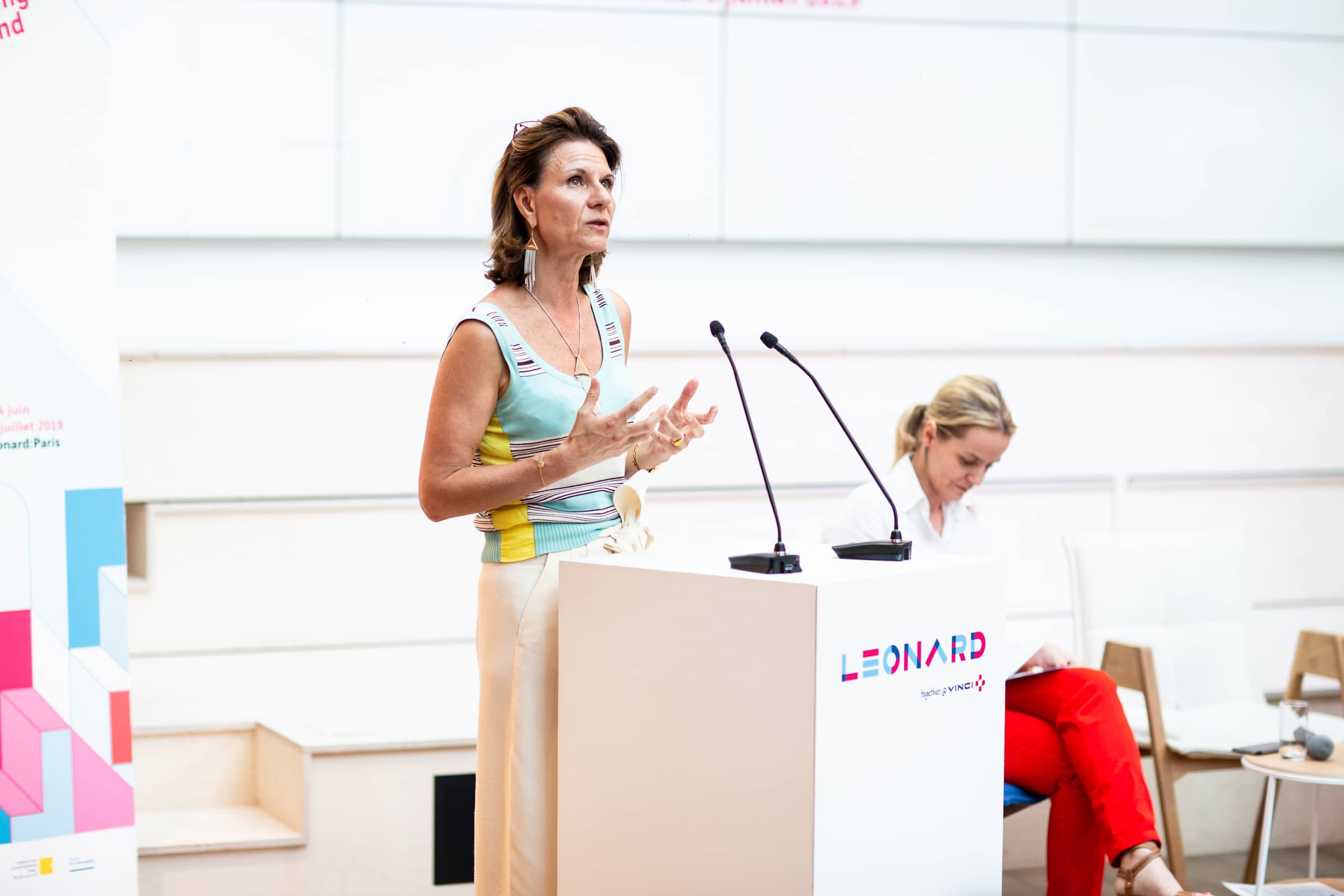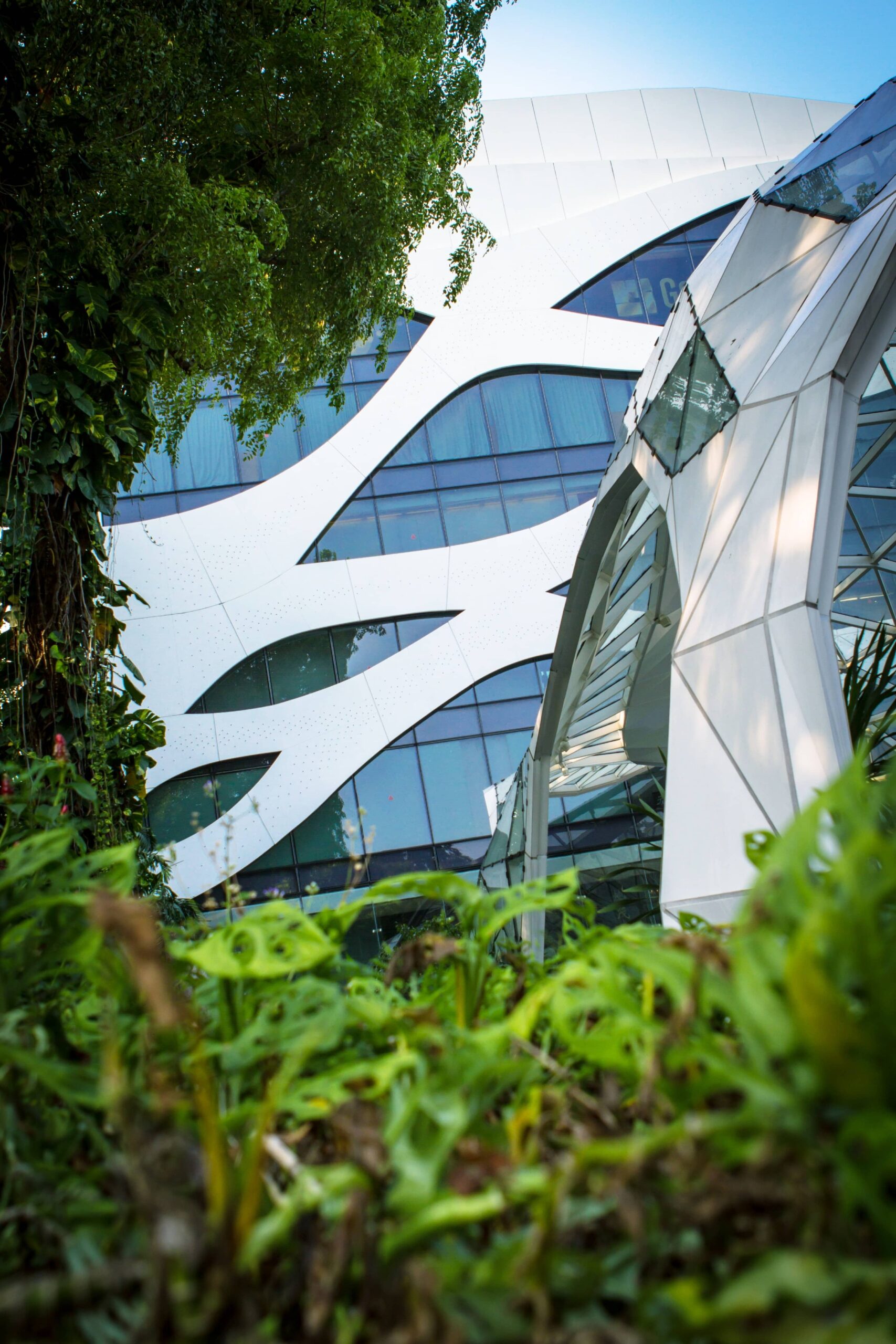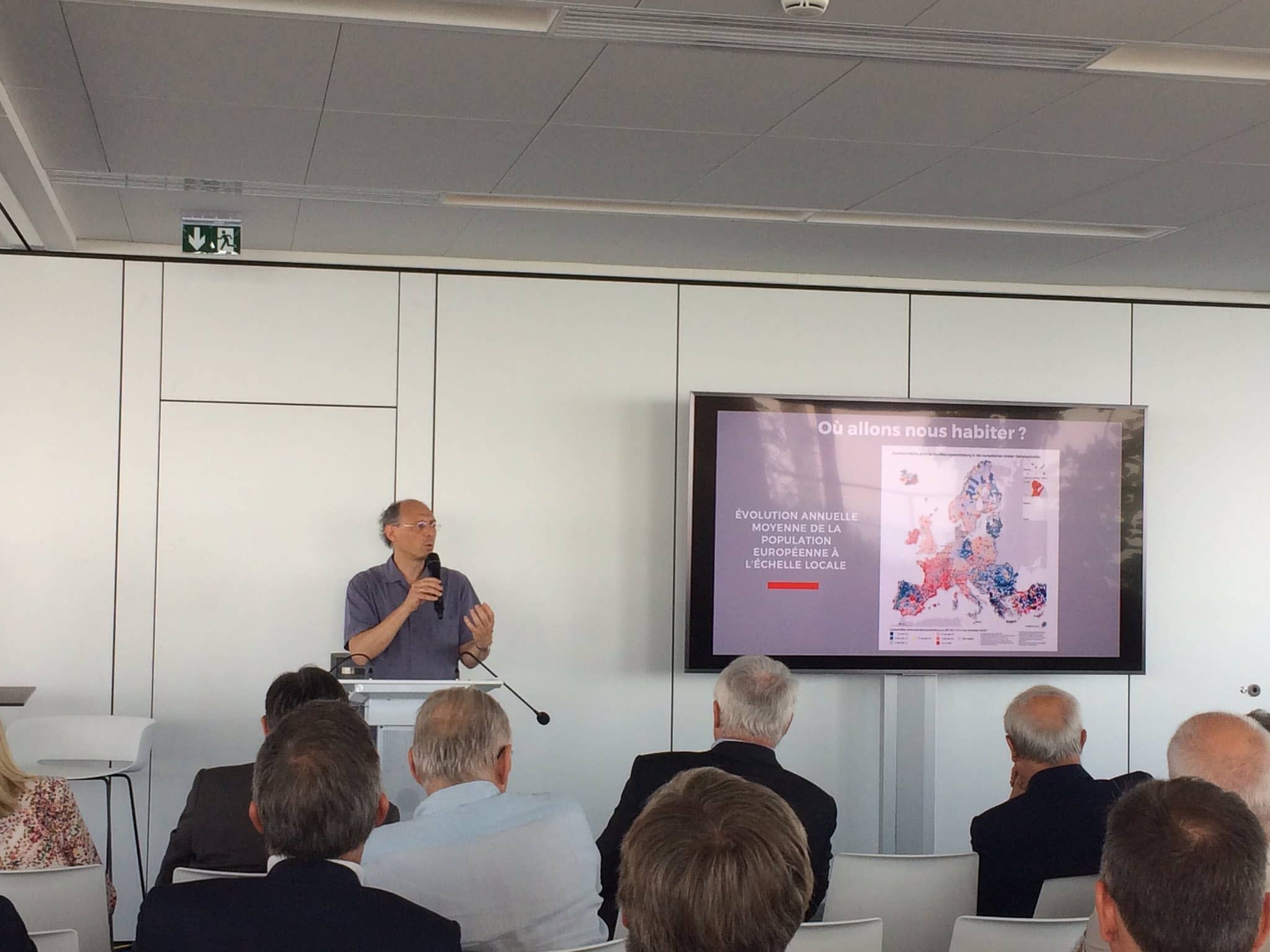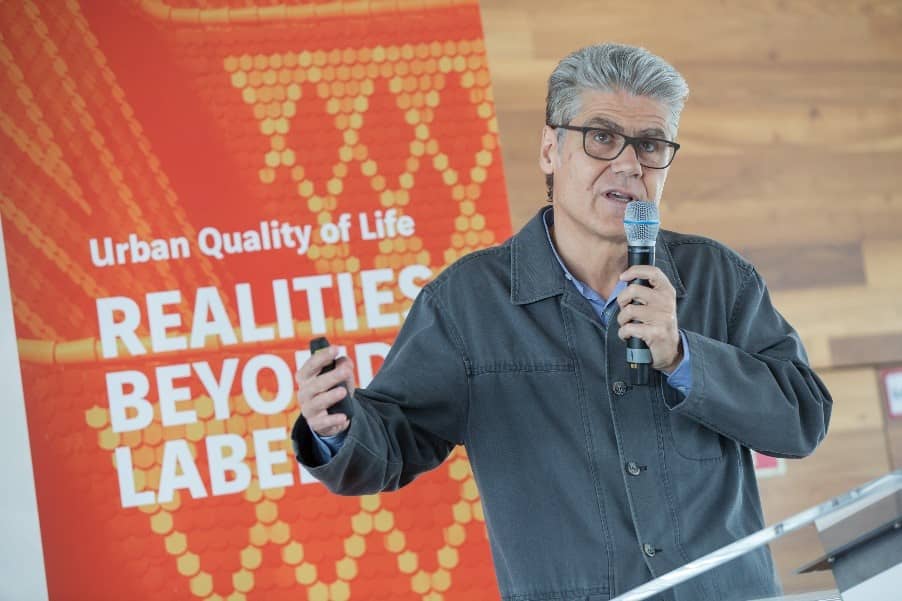

Let the Airbus of batteries take off
Is Europe going to become the new Eldorado of electric battery production? In any case, this is the goal set by the European Commission through its new €2.9 billion public aid plan. The new plan aims to coordinate the efforts of European countries in the area of innovation in the production of new-generation batteries, and is a follow-up to a previous European project launched in December 2019, which aimed at providing Europe with its first gigafactories(large battery production units). These two aid plans should enable the Old Continent to host a competitive European battery market in the future.
The development of a European battery production strategy is at the crossroads of several issues. The economic, strategic, and geopolitical interest of such a strategy is undeniable. Yet the approach adopted by Europe leaves one wondering about the environmental issue. Indeed, the entire battery production value chain, from the extraction of materials to the recycling of batteries, is both energy-intensive and greenhouse-gas-emitting. For example, the production of battery cells alone currently accounts for 75% of the energy consumption of the entire value chain. Battery recycling, meanwhile, accounts for around 12% of CO2 emissions over the entire life cycle of batteries in Europe today. However, out of the 42 projects that will benefit from European public aid, more than half are located in some of the most carbon-intensive countries on the continent (Germany, Poland, Greece). Moreover, if the tree is the European strategic plan, which aims to increase European battery production to 6 million units by 2025, the forest is the Chinese, Korean, and American companies that are the largest battery producers today and whose choice of manufacturing plants, particularly in Germany and Poland, will be a burden on European efforts to maintain the carbon-neutral trajectory it has set itself under the Green Pact for Europe.
No matter how generous it is, public aid alone cannot guarantee the decarbonization of battery production throughout the value chain. The choices of geographical location and the energy supply of gigafactories are central criteria. In this context, Europe must strive to promote the emergence of a European electric battery market that is competitive and as decarbonated as possible. To achieve this, two lines of action appear. On the one hand, from a technical point of view, the first line of action would be to encourage countries hosting production units to decarbonize their energy mix or to promote the establishment of gigafactories in the least emissive Member States (Sweden, France, etc.). On the other hand, from a regulatory point of view, the second line of action would consist in making decarbonization the central criterion of the European battery production model. This is indeed the intention set by Europe; European Commissioner for Industry, Thierry Breton recently stated that the Commission intends to impose environmental criteria on the entire battery life chain and to ban models that do not comply with these criteria. Thus, Europe is calling on battery producers worldwide to comply with specifications it has set.
Find this publication in the project:
These other publications may also be of interest to you:

Oslo : reimagining the City for a Carbon-Free Future

Lisbon beyond the Tagus
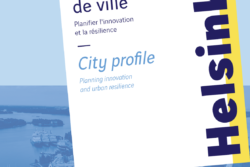
Helsinki : Planning innovation and urban resilience

A warm tomorrow

Sending out an SOS

Behind the words: telecommuting

Behind the words: urban congestion
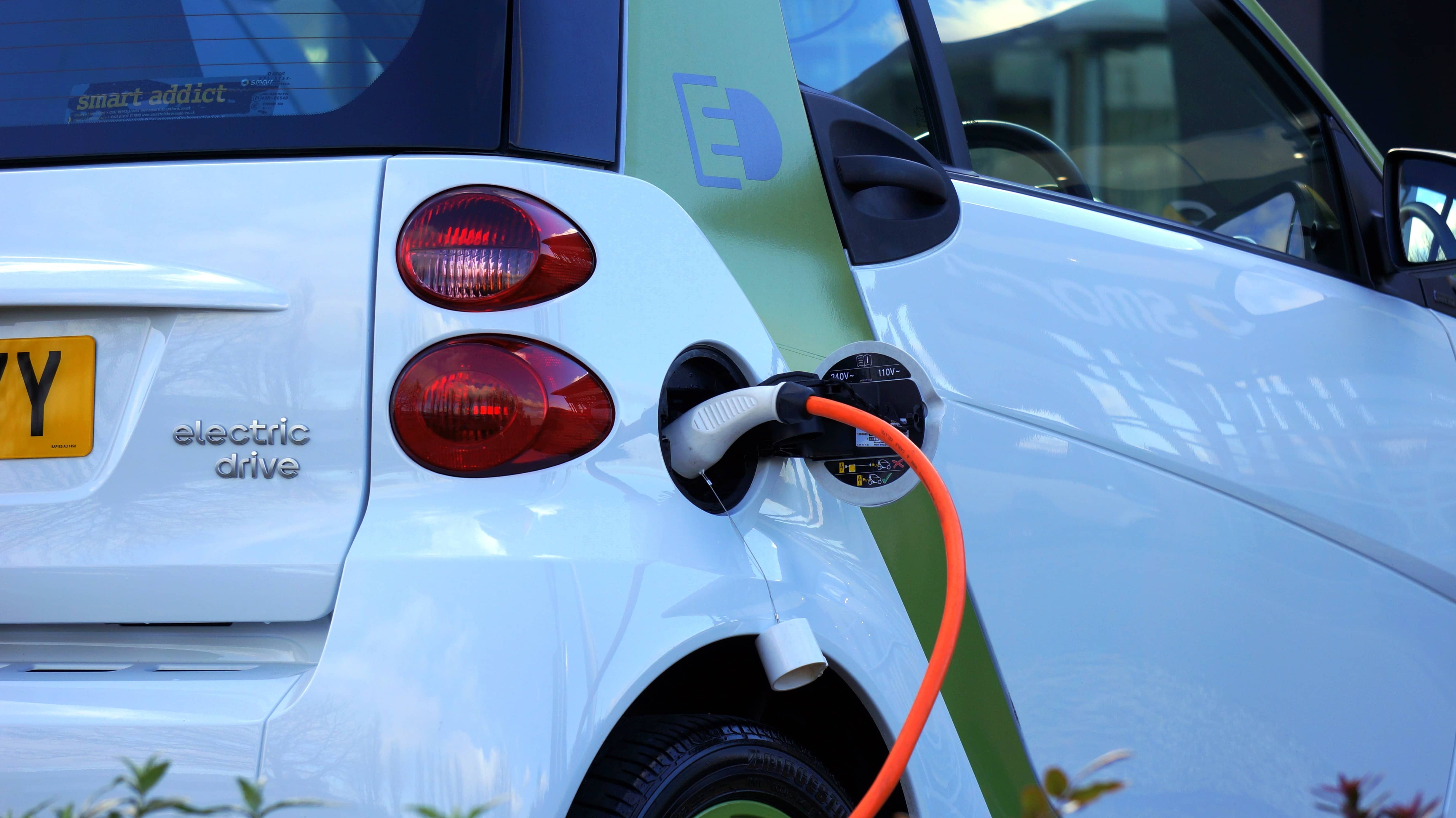
The political and technological challenges of future mobilities

Nature in the city

Inventing the future of urban highways
La Fabrique de la Cité
La Fabrique de la Cité is a think tank dedicated to urban foresight, created by the VINCI group, its sponsor, in 2010. La Fabrique de la Cité acts as a forum where urban stakeholders, whether French or international, collaborate to bring forth new ways of building and rebuilding cities.















